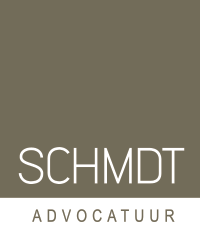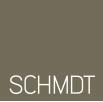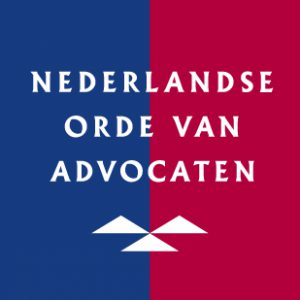On April 1st 2013, the new Dutch procurement law (the “Aanbestedingswet 2012”) came into force. It entails two new procedures for addressing complaints that arise during public procurement processes. The procedures concern (i) a standard for complaint processing by contracting authorities and (ii) a Commission of Procurement Experts that may be invoked to produce authoritative opinions on the issue under complaint. The opinion will be based on paperwork yet may include hearings.
To bring things into an operational stage some work has to be done. All contracting authorities must establish reporting points (“klachtenmeldpunten”). A website for publishing reports has to be made available as well, and the experts that have been appointed will have to agree on strategies that will support their authority in public procurement practice.
At SCHMDT we look at these developments with interest. Each and every initiative to streamline procedures for complaint resolution is welcome. Prima facie, that is. As it is not sure that the establishment of additional procedures will solve the abundantly existing current problems. Especially when such procedures will not lead to mandatory rulings.
Dutch public procurement is in serious trouble currently (for instance revealed by a series of recent reports by the government’s Audit Agency and by the start of a Parliamentary investigation into procurement failures). The troubles are pervasive and express themselves also in the frequency of (most often summary private-law) litigation.
The new procedures for addressing procurement complaints is additional to those procedures that already exist and are being used abundantly. It seems quite possible that the new procedures will make things even less clear than they currently are.
But on the other hand, there are important reasons for nursing hope that the new procedures will succeed: invoking them requires little investment (or none at all). And they have been especially designed to support SMEs.
We do not know how things will turn out. Accordingly we will monitor how these procedures evolve in practice and take care to remain in a position to provide adequate consultation when needed.


